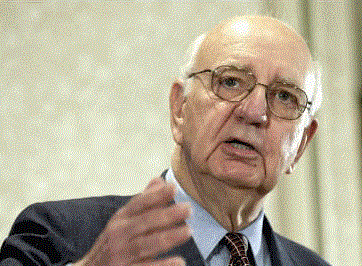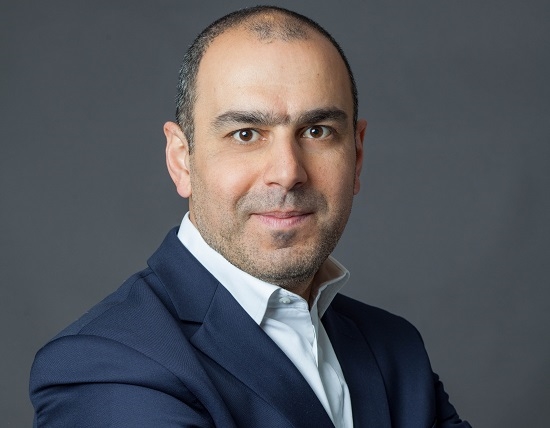Editorial: Tax me, baby, one more time

Of course Deutsche Bank’s Josef Ackermann and Barclays Capital’s Bob Diamond are thrilled at the idea of a global levy on banking to finance a rescue fund to bail out failing institutions.
What could be more painless than a modest tax on a whole industry, whose customers have nowhere else to go?
Since a global levy would apply to all players, it would not hurt any bank’s competitive position. If it made shareholders less willing to hold bank equity, the cost could simply be passed on to customers. Phew! That was easy.
Fantasy land
Naturally, the tax idea is as fanciful as it is pernicious. Here are just two of the reasons.
Can you realistically imagine an international pot of money, swelling year by year, being allowed to just sit there? In the interim, it would have to be invested – no doubt in government bonds (imagine the rows over whose bonds). But as time went on and the fund was not called on, think of the cries that it was inefficient and wasteful to maintain this hoard.
Eventually public opinion would crack, and some of the money would be released. Then, perhaps a decade later, the next Big One would finally come along. Remember it took 79 years from 1929 to 2008. Then the world would find the pot woefully inadequate to the rescue job required – as it would almost certainly be, even without money leaking out.
But that only means the levy would probably be useless. It would also certainly be dangerous.
By promoting the idea that banks (really, their customers) were paying up front for the bailouts of the future, it would enshrine moral hazard in the financial architecture.
“Yes, banks are going to fail,” this policy says, “but it’s alright, you the public can start paying for it now. Then when the time comes it won’t hurt nearly as much.”
Meanwhile everyone can blithely lend to shoddy institutions, confident that a big fund would rescue them if all goes wrong.
Getting real
There is much to be said for insuring retail deposits, up to a limit. This short term capital is supplied by the most vulnerable and least informed investors.
But there it must end. Bond and equity investors – and derivative counterparties – have got to feel the sharp end of risk, or they cannot exercise the necessary discipline over cavalier banks.
A global policy that would really help is an international commitment never to guarantee the wholesale debts of any private sector bank. That would mean the only route to a state guarantee was state ownership. You’d soon find shareholders asking tougher questions about the risks banks were running.
Depressingly, the policy that’s being discussed in Davos is the opposite – lots and lots of guarantees.
What really scares the bank CEOs is Paul Volcker. A man with a genuine plan, albeit a modest one, that just might make bank bailouts less necessary.
Is it a coincidence that so soon after President Obama adopted Volcker’s idea to ban deposit-taking banks from proprietary trading, the top bankers suddenly came out in favour of another big idea?
Proprietary trading is a noble activity that we have no quarrel with.
But here’s a challenge. Explain in less than a page what social or economic benefit is served by housing it in the same institutions as retail deposit-taking.Jon Hay jhay@fow.com
Found this useful?
Take a complimentary trial of the FOW Marketing Intelligence Platform – the comprehensive source of news and analysis across the buy- and sell- side.
Gain access to:
- A single source of in-depth news, insight and analysis across Asset Management, Securities Finance, Custody, Fund Services and Derivatives
- Our interactive database, optimized to enable you to summarise data and build graphs outlining market activity
- Exclusive whitepapers, supplements and industry analysis curated and published by Futures & Options World
- Breaking news, daily and weekly alerts on the markets most relevant to you



